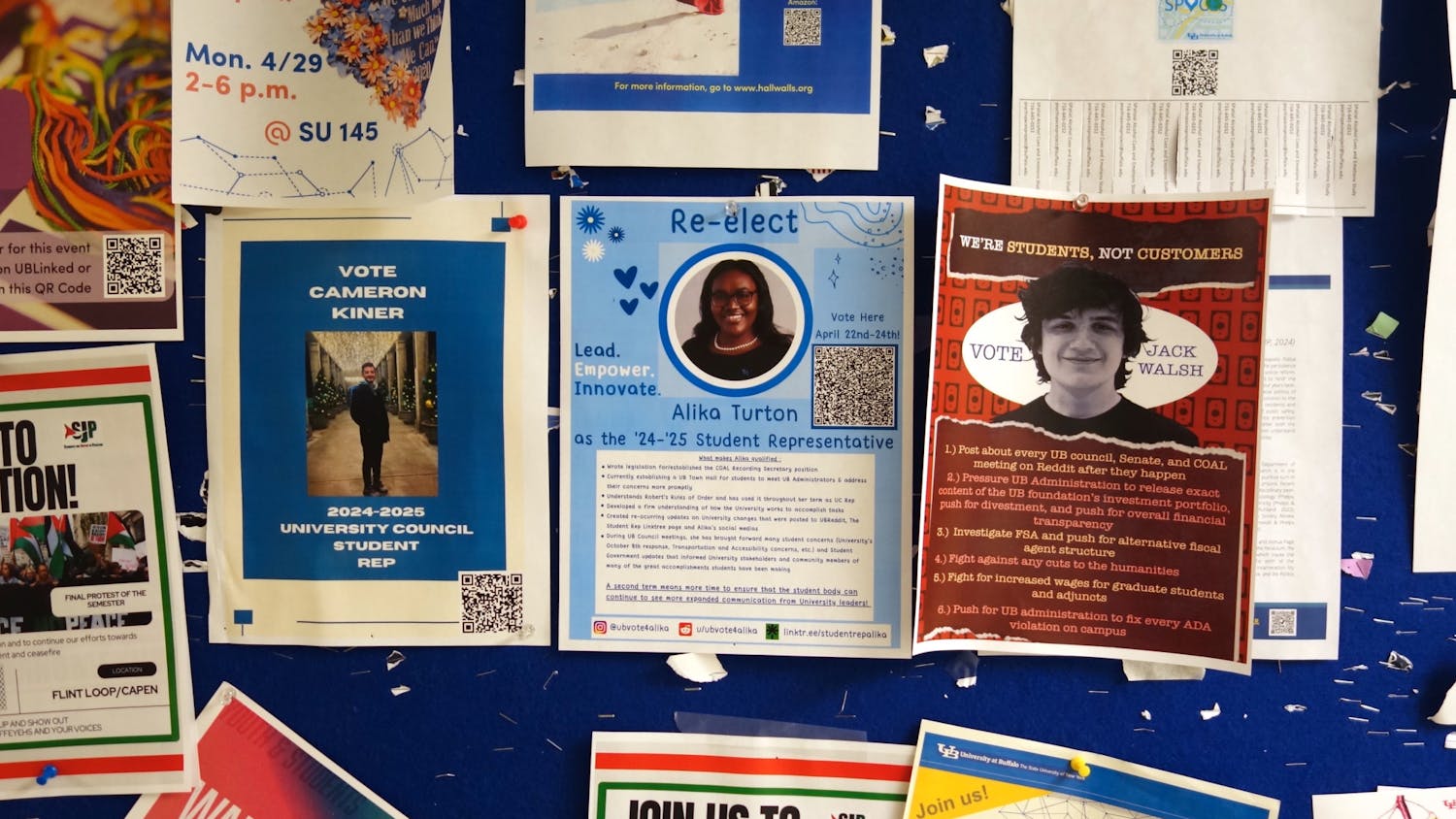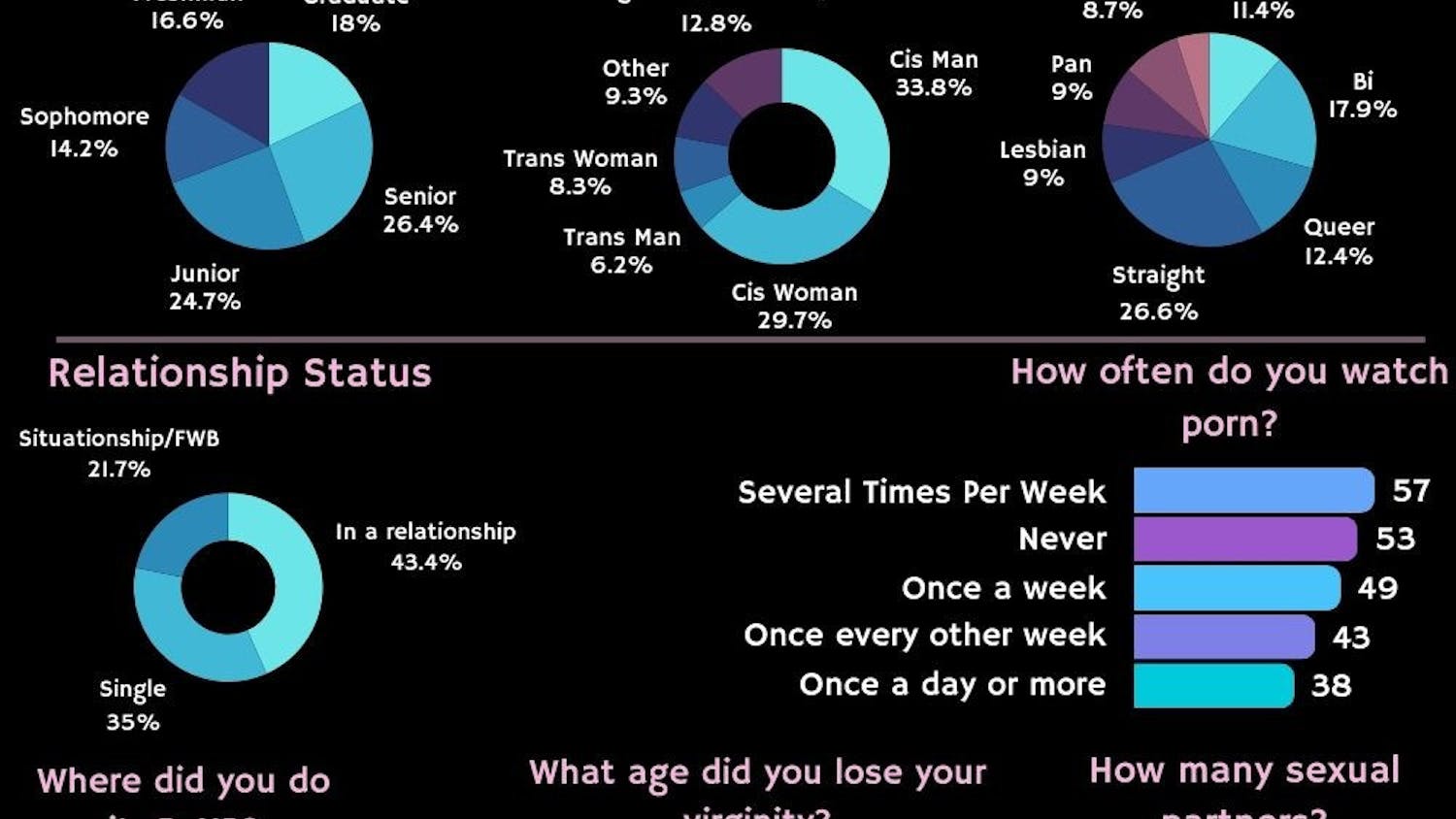Students may be able to attend any SUNY and CUNY schools with free tuition in the near future.
But UB professors are questioning what “free tuition” means.
On Jan. 3, Gov. Andrew Cuomo and Vermont Senator Bernie Sanders introduced a proposal to make college tuition-free at all SUNY and CUNY institutions for families making less than $125,000 per year.
The $163 million proposal, known as the Excelsior Scholarship, is the first of its kind in the nation. If the plan is approved by the state legislature, it will be phased in over the next three years, beginning for New York state residents who make $100,000 or less per year in the fall of 2017, and then increasing to $110,000 in 2018 and eventually including families making up to $125,000 in 2019.
Many UB professors are in favor of this proposal while others believe it would hurt the quality of education.
The Excelsior Scholarship would be used as a supplement to existing federal and state financial aid.
In order to be eligible for the scholarship, students must be enrolled in at least 15 credits per semester. The program offers some flexibility; students may reduce their course load to 12 credits if they enroll in 18 credits the following semester. This stipulation is designed to get students to graduate within four years.
“The purpose for the [15 credits requirement] is to encourage a change in behavior,” said Elsa Magee, vice president of Cuomo’s Higher Education Services Corp. in a Buffalo News article.
Currently, only 39 percent of SUNY students at four-year colleges graduate in four years.
Tuition for in-state residents at SUNY intuitions is currently $6,470 per academic year. Tuition at CUNY schools is $6,330 per year and SUNY community college tuition is $4,350.
While the Excelsior Scholarship would cover tuition, students would still have to pay for room, board and student fees. The cost of room, board and fees at UB averages $15,292.
Political science professor Jacob Neiheisel said a plan to make college more affordable would be a “boon” to this generation.
“Baby boomers didn’t have to contend with quite this much of their earning potential going to college tuition at a pivotal point in life when you’re trying to start a family [and] career,” Neiheisel said. “I’ve had friends who have had to start Kickstarters so they wouldn’t default on their loans…so something needs to be done.”
While Neiheisel thinks the high cost of tuition needs to be addressed, he feels “ambivalent” about Cuomo’s plan due to a lack of details provided in the proposal.
“I think the quoted figures of how much it is going to cost coming from the general fund are optimistic… the figure is assuming maximum federal aid to colleges and universities in the state,” Neiheisel said. “So, given the current [presidential] administration, I’m not sanguine about the prospect of all of that federal aid coming to the state.”
Political science professor Harvey Palmer said he is “optimistic in a conservative way” about Cuomo’s plan. However, Palmer has concerns about how future tuition increases could affect the program.
“The plan right now is only going to cover tuition at the current rate, but Governor Cuomo is also proposing a $250 increase in tuition per year over the next five years,”
Palmer said students would still get free tuition, but it would be based on the current rate, so the individual schools would have to cover the additional $250.
Political science professor James Campbell thinks while it is “great” to have the state government help with student expenses, he is concerned that Cuomo’s plan could prevent universities from raising tuition in the future.
He thinks over time, the state would pay the universities less and less, and the universities would not be able to make up the loss in funding by raising tuition.
“What we’ve seen in the past – not just in New York, but in other states as well – is that states are paying a smaller share of the cost of higher education and public universities have made up the difference by raising tuition,” Campbell said.
He thinks if universities were unable to raise tuition, it would “debase” the quality of higher education.
“They would hire fewer faculty, pay faculty less…they’d be cutting corners even more. So I don’t want to see the quality of higher education suffer any more than it has already suffered over time,” Campbell said.
Campbell thinks a better solution would be for New York to adopt something similar to Georgia’s Helping Outstanding Students Educationally (HOPE) scholarship program.
The HOPE scholarship is a state-funded, merit-based program that provides tuition assistance to students who achieve a high school G.P.A. of 3.0 or higher and maintain a 3.0 G.P.A. in college, according to the Georgia Student Finance Commission.
Students in Georgia have the option of using their scholarship at a public Georgia state college, or using it to partially fund tuition at a private college.
“This competition would keep tuition prices lower. That’s the better way to do it,” Campbell said.
Maddy Fowler is the assistant news editor and can be reached at maddy.fowler@ubspectrum.com





